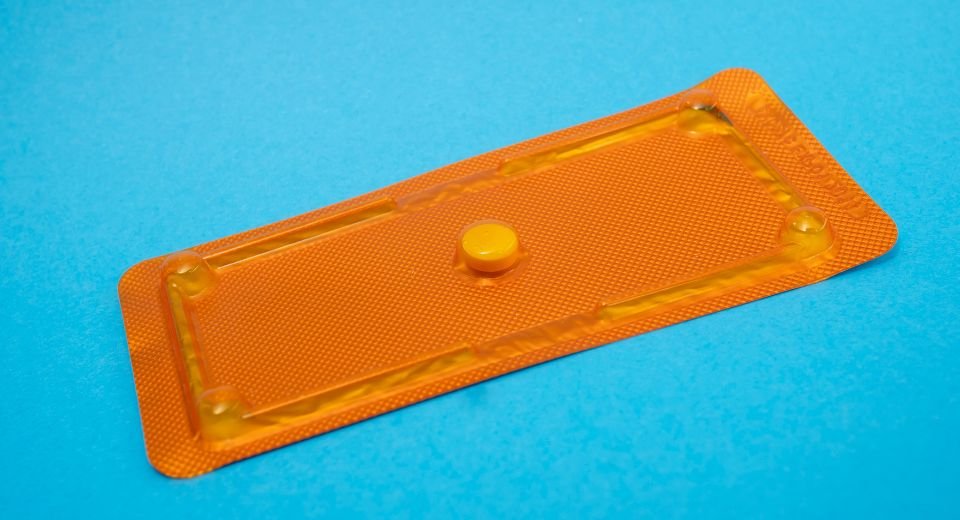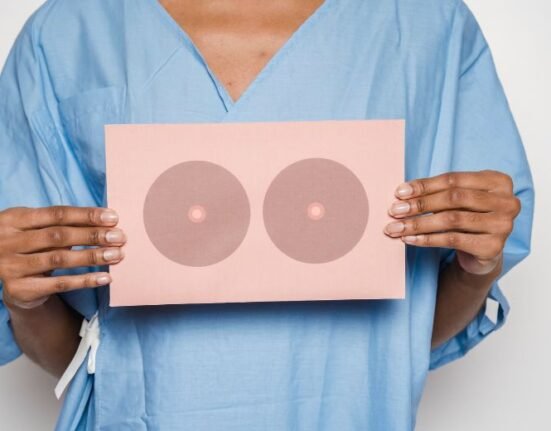HQ Team
July 14, 2023: The FDA has approved the first daily oral contraceptive pill, Opill, without prescription to be sold in the US, according to a statement from the regulator.
The progestin-only pill (norgestrel) provides an option for consumers to purchase it without a prescription at drug stores, convenience stores, and grocery stores, as well as online.
The timeline for the availability and price of this nonprescription product would be determined by the manufacturer. Approved formulations of other oral contraceptives will remain available by prescription only.
The FDA granted approval to Laboratoire HRA Pharma, recently acquired by Perrigo Company plc.
Reduce barriers
Nonprescription availability of Opill may reduce barriers to access, by allowing individuals to obtain an oral contraceptive without the need to see a healthcare provider.
Almost half of the 6.1 million pregnancies in the US each year are unintended. Unintended pregnancies have been linked to negative maternal and perinatal outcomes.
The risks include a reduced likelihood of receiving early prenatal care and an increased risk of preterm delivery, with associated adverse neonatal, developmental, and child health outcomes.
Norgestrel, the anti-pregnancy product contains a female hormone known as progestin. It is sold under the brand name Ovral in combination with the estrogen ethinylestradiol and Opill by itself. It is also used in menopausal hormone therapy.
“Today’s approval marks the first time a nonprescription daily oral contraceptive will be an available option for millions of people in the United States,” said Patrizia Cavazzoni, M.D., director of the FDA’s Center for Drug Evaluation and Research.
‘Safe, effective’
“When used as directed, daily oral contraception is safe and is expected to be more effective than currently available nonprescription contraceptive methods in preventing unintended pregnancy.”
The availability of nonprescription Opill may also help reduce the number of unintended pregnancies and their potential negative impacts.
The contraceptive efficacy of norgestrel, was established with the original approval for prescription use in 1973.
HRA Pharma applied to switch norgestrel from a prescription to an over-the-counter product. Studies showed that consumer understanding of information on the Opill Drug Facts label was high overall.
A high proportion of consumers understood the label instructions, supporting their ability to properly use the drug when it is available as an over-the-counter product, according to the FDA statement.
“When properly used, Opill is safe and effective.”
Opill should be taken at the same time every day; adherence to daily use at the same time of day is important for the effectiveness of Opill.
Not emergency contraception
Using medications that interact with Opill can result in decreased efficacy of Opill or the other medication, or both, potentially resulting in unintended pregnancy.
The most common side effects of Opill include irregular bleeding, headaches, dizziness, nausea, increased appetite, abdominal pain, cramps, or bloating. It should not be used by those who have or have ever had breast cancer.
Opill also should not be taken together with another hormonal birth control product such as another oral contraceptive tablet, a vaginal ring, a contraceptive patch, a contraceptive implant, a contraceptive injection, or an intra-uterine device. It is not for use as emergency contraception and does not prevent pregnancy after unprotected sex.
Oral contraceptives do not protect against transmission of HIV, AIDS, and other sexually transmitted diseases such as chlamydia, genital herpes, genital warts, gonorrhea, hepatitis B, and syphilis.








